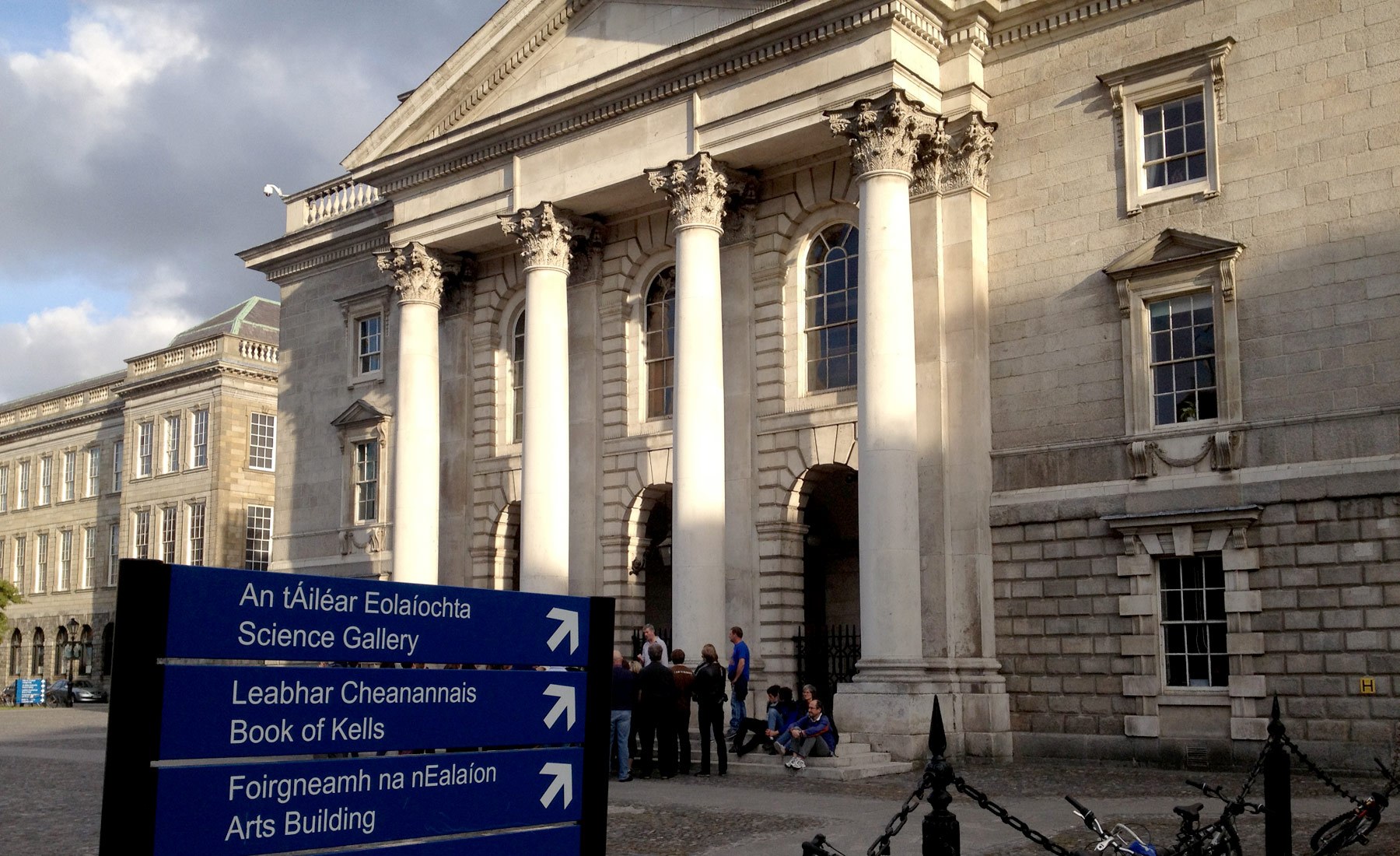The number of students applying to study at Trinity through the Central Applications Office (CAO) has seen a significant increase for the first time in several years since a drop in applicants in 2018 that was attributed to Brexit.
19,624 prospective students have applied through the CAO to study at Trinity this September, an increase of 9% from July 2019.
In contrast, applications saw only a 1% rise between 2018 and 2019, and fell by nearly 5% between 2017 and 2018, which saw applicants from Northern Ireland and the entire UK fall by 20% and 11% respectively.
The CAO received over 77,800 applications for higher learning courses this year, with 8,381 students giving a course in Trinity their first choice, a 9% increase on last year’s first-preference choices.
The number of applications for Trinity courses through the CAO overall for the upcoming term is 42,972, which is up 11% from last year’s 38,520.
The number of students who have applied to study at Trinity differs from the number of applications received, indicating that Trinity appeared several times in some prospective students CAO applications.
A College spokesperson said that College is “delighted by the positive interest shown by students in studying at Trinity”.
The spokesperson continued: “Covid-19 has had myriad effects on society and will continue to impact the way we live our lives in the immediate future, but we had expected interest in Trinity programmes to be high – as it always is – and are greatly looking forward to welcoming a new cohort of undergraduates in September.”
First-preference applications for Level 8 programmes in Trinity represent 12% of the total Level 8 applications to the CAO, according to figures released to Trinity News by College, while the total number of applicants for Level 8 programmes in Trinity represents 27% of the total Level 8 applications to the CAO.
Analysis of all applications to the CAO showed that applications for high-points courses such as law, dentistry, veterinary medicine, and physiotherapy have risen while applications to the arts, humanities, and languages have dropped.
This attraction to stronger employment prospects and well-paying jobs related courses may be in response to the Covid-19 pandemic, as economists predict a large fall in the economy following the crisis.
Over half of the students who had applied through the CAO adjusted their course choices in May and June in the aftermath of the Leaving Certificate exams’ cancellation.
Almost 92% of applications through the CAO this year were for honours degree or level-eight courses rather than ordinary degree courses.
In 2019, Trinity received 7,660 first-preference applications, with 17,913 applications received through the CAO overall.
Trinity’s next academic year has been pushed back by three weeks to September 28, with exams scheduled to take place in January in predominantly online forms.






